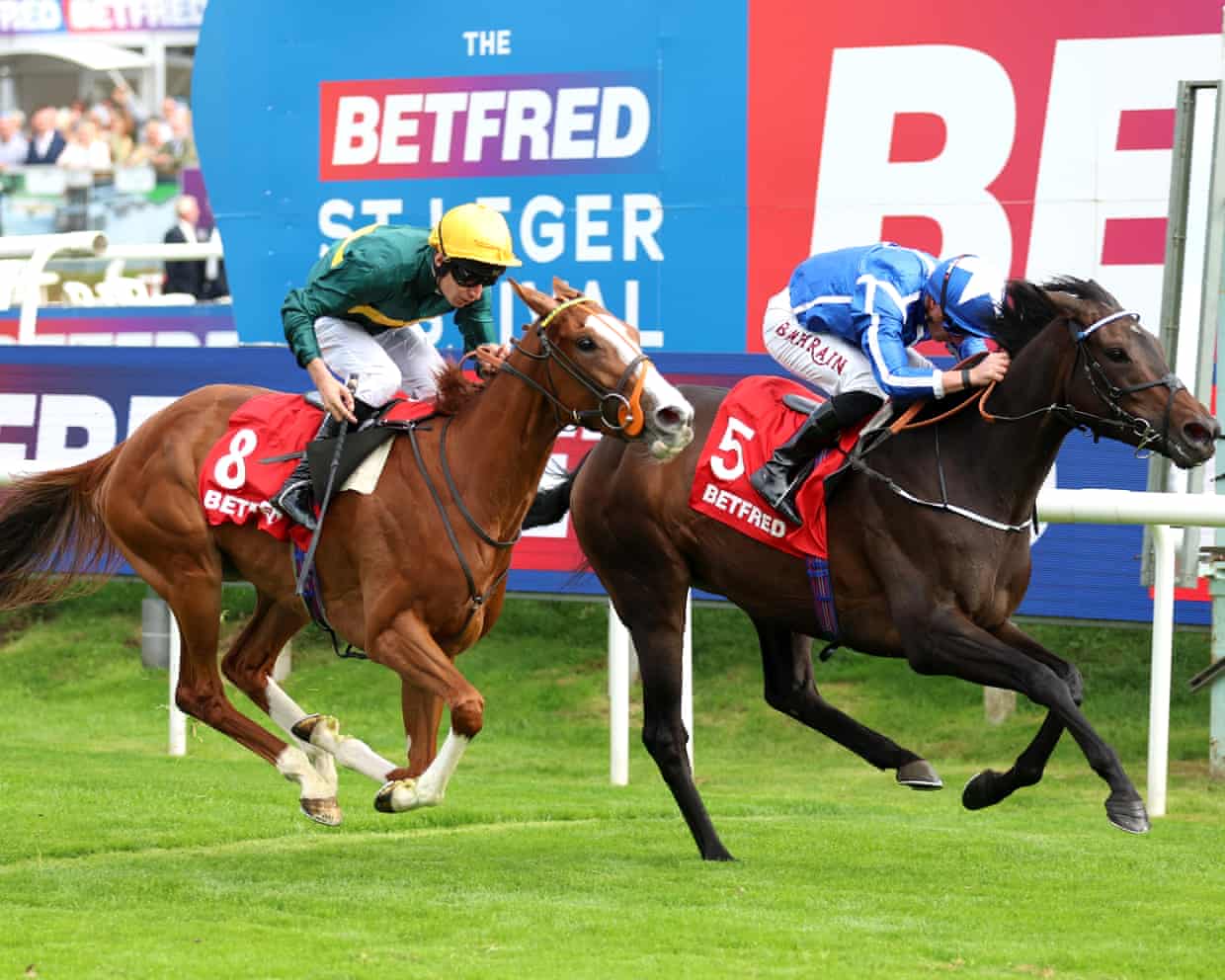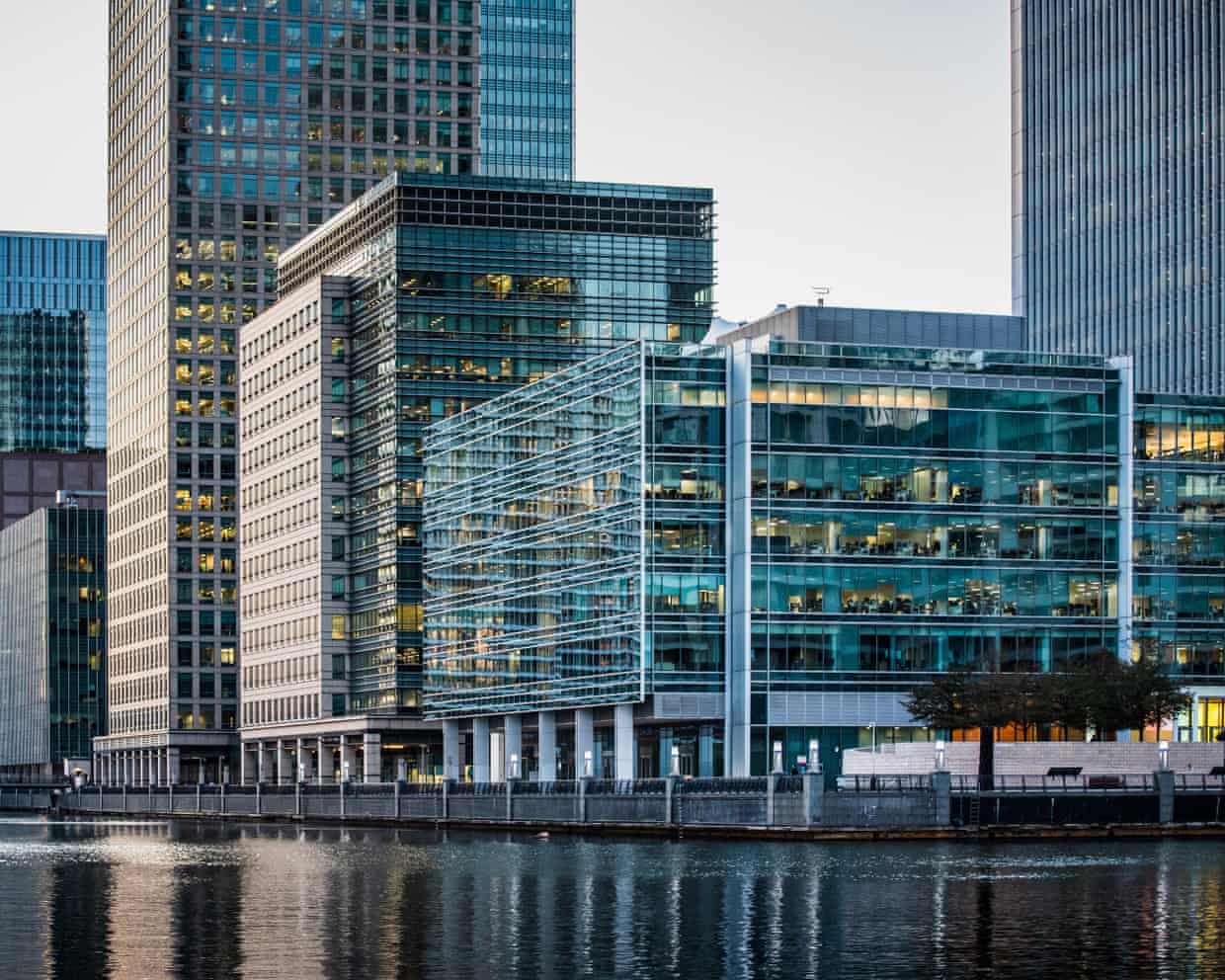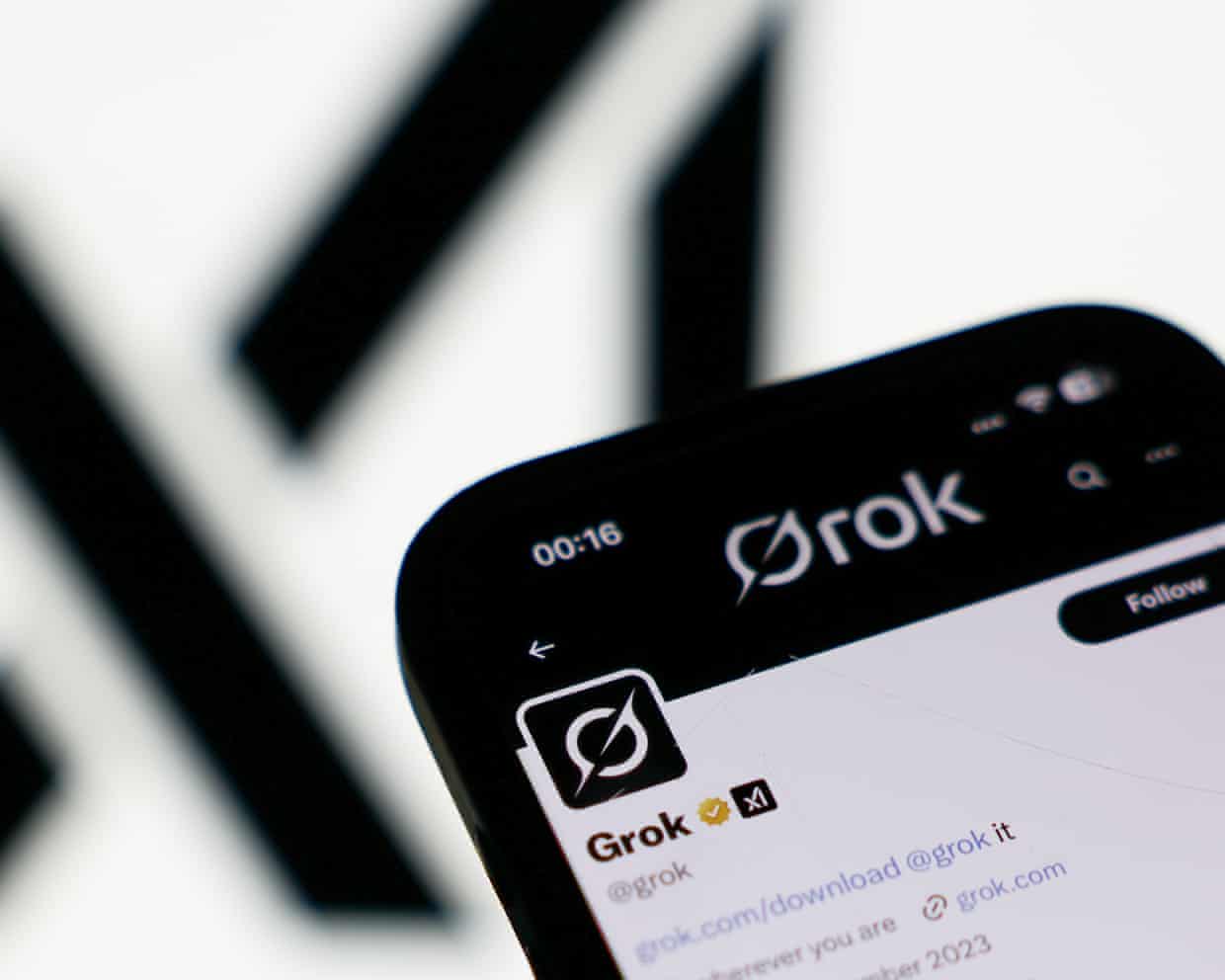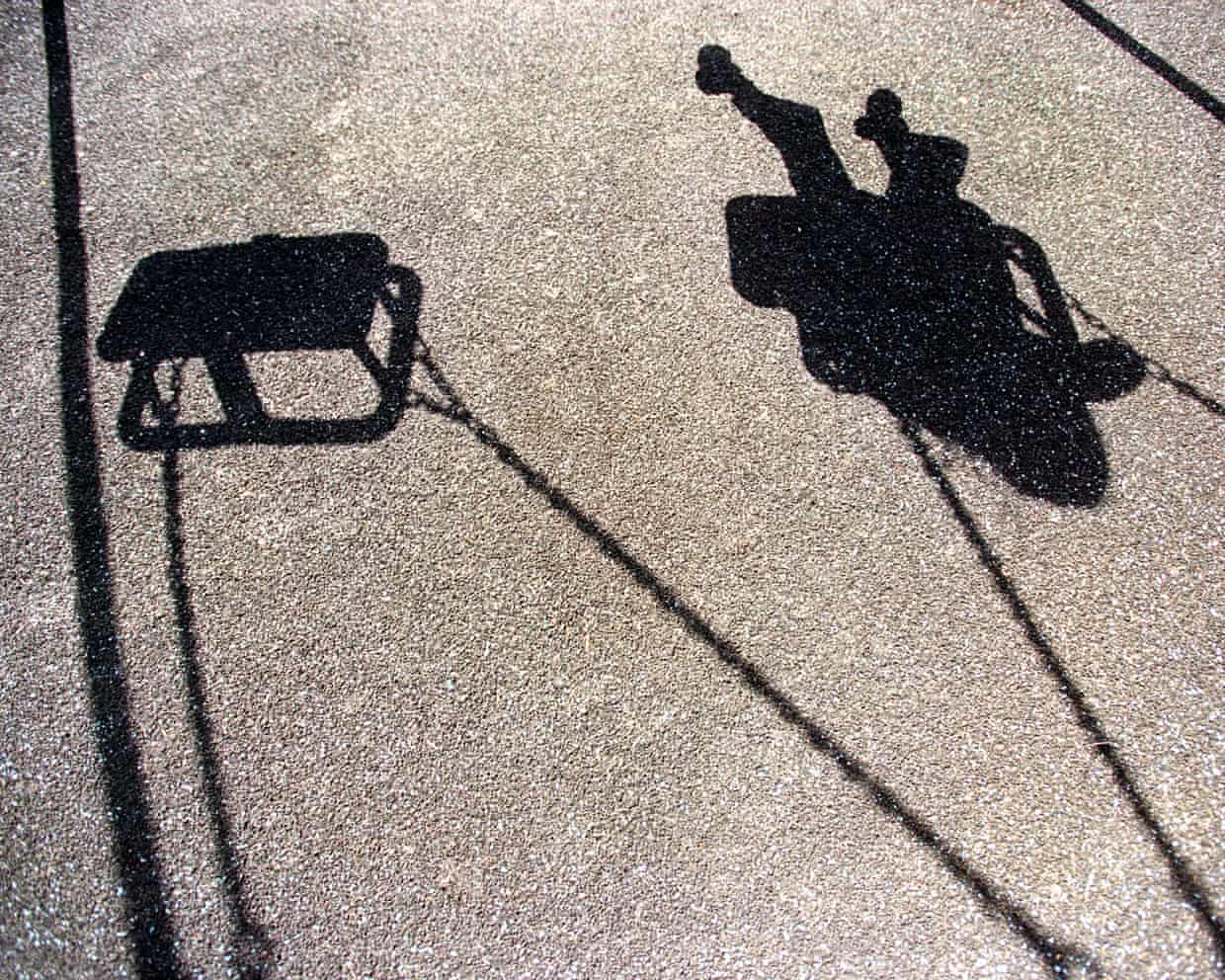Budget may deliver result desired from racing’s ‘Axe the Tax’ campaign

After many months of campaigning, an unprecedented “strike” when racing relocated to London to make its voice heard and an intervention by a former prime minister, no less, the UK’s second-biggest spectator sport will soon discover whether its concerted, and impressively united, effort to avert a tax hike on racing bets, has paid off.With all due respect to the competitors at Wetherby, Market Rasen and Southwell on Wednesday, the main event for racing will be the 12.30 at Westminster, as Rachel Reeves rises to deliver her much-anticipated budget speech.The only result that can be ruled out with confidence is that gambling duties will be left untouched.There is a gaping black hole to be filled in the public finances and the UK’s gambling industry, which had a Gross Gambling Yield (total stakes minus total payouts) of £15.
6bn in the 2023-24 financial year, could scarcely be a more tempting target,The key point for racing, though, is the extent to which a hike in overall gambling taxes is shared out between General Betting Duty (GBD) on operators’ gross profits from betting – on racing and other sports and events – and the duties payable on fixed-margin gaming products – slot machines, roulette and other casino games – both online and in retail betting shops,The current rate of GBD is 15% of an operators’ gross profits, while Remote Gaming Duty (RGD), the tax on the booming online gaming sector, is 21% of gross profits,And when the chancellor finally delivers her decision, the success, or otherwise, of the sport’s “Axe The Racing Tax” campaign will largely be measured by whether that 6% gap has been maintained, reduced or increased,The campaign had its origins, after all, in a Treasury proposal to “harmonise” the two rates, which was the subject of an official consultation process earlier this year.
The British Horseracing Authority commissioned research which suggested that harmonisation at 21% would have an immediate cost to the sport of £66m in lost income per annum, and £330m over five years, at the cost of nearly 3,000 jobs in the first year alone.The focus of the anti-harmonisation campaign was on the sport’s economic significance, in rural areas above all, and the likely effect of removing tens of millions of pounds from an ecosystem which supports the jobs of 85,000 people – who are, in turn, paying tax on their income and spending in their local communities.Lingfield 11.00 Canyouhearthedrums 11.30 Master Of Shanghai 12.
00 Al Rufaa 12,30 Connie Moon 1,00 Lahina Bay 1,35 Knickerbocker 2,10 Ten Club 2.
45 Roman Spring 3.20 Arthur Rose Hereford 12.15 Marsiac 12.50 Liam Mera Kai 1.25 Sanitiser 2.
00 Recoded 2.35 Copshill Lad 3.10 Granny Hawkins 3.45 SassipantsSouthwell 12.40 Valence D’Aumont 1.
15 King Of Cong 1.50 Moab 2.25 Precious Metal 3.00 Little Venice 3.35 Captain TriggerWolverhampton 4.
30 Eden Storm (nb) 5,00 Spirit Lead Me (nap) 5,30 Crown Board 6,00 Woody Y Fernandez 6,30 Ritaal 7.
00 Smasher 7,30 Woodhay Whisper 8,00 Leading Times 8,30 Percy JonInitially at least, it was mainly left to others to suggest that high-frequency gaming products, which are associated with significantly higher rates of harm than other forms of gambling and do little or nothing to support employment or local economies, would be a better target for a tax hike – although Paul Johnson, the chief executive of the National Trainers’ Federation, put his head above the parapet to give the organisation’s “full backing” to a call by the Social Market Foundation (SMF) think tank for RGD to rise to as much as 50%,The moment when the tide may prove to have turned in racing’s favour, however, was the intervention by Gordon Brown, the former prime minister, in July.
Brown backed a call by the Institute for Public Policy Research (IPPR) think tank for gaming taxes to be hiked to 50% and betting duty to 25%, but also recommended additional measures to protect the racing industry from damage in the fallout,Brown’s intervention switched the focus away from harmonisation and firmly towards gaming duty above all, and a recent, well-sourced report in the Financial Times suggests that, far from harmonising the duty rates, the chancellor will instead raise gaming duty on both online and high-street games and impose a “slight” rise on the rate for online sports betting only, but exempt bets on horse racing from the increase,From racing’s point of view, this would be the best outcome that anyone could have realistically expected when the campaign began back in April,And while nothing is being taken for granted, there is increasing hope among those at the forefront of the campaign that its message has landed,One senior executive suggested to me last week that the racing is “about 1-4 to get the right result” on Wednesday.
If so, then the last six months should also come to be seen as the time when a 20-year boom for the UK gambling industry, fuelled almost entirely by gaming products, finally ran out of road.The bonanza was enabled by the 2005 Gambling Act, which came into force in 2007 when Brown himself was in No 10.It legitimised £100-a-spin roulette machines in high-street betting shops, while also failing to anticipate the growing dominance of online gambling in general, and online gaming and casino products above all.It took 15 years of campaigning – amid fierce resistance from the gambling industry – before the stake limit on FOBTs was cut from £100 to £2.There has been similar resistance, orchestrated by the industry’s lobbying group, the Betting and Gaming Council (BGC), to suggestions that gaming duty should be singled out for a significant hike in the budget, even down to a re-emergence of BetFred’s claim, last heard during the FOBT campaign, that most or all of its betting shops are at risk of closure.
It did not happen then, and recent results from William Hill, showing significant recent growth in the betting-shop sector, strongly suggest that it will not happen now.The BGC has repeatedly claimed too that a hit to gaming profitability would have knock-on effects for racing, via reductions in sponsorship and offers and promotions for punters.But in reality, it makes little sense to react to reduced profits in one area of their business by reducing investment in another where the relative margin has improved (unless, of course, racing and betting was mainly being used as a loss leader to acquire customers who can then be pushed towards gaming products).It was suggested in this column over three years ago that the gambling-industry’s gaming-fuelled bonanza could not go on forever, and that the most sensible plan for racing would be to separate itself as fully as possible from the gaming sector ahead of the inevitable crash.If the latest rumour about the outcome of the chancellor’s deliberations around gambling tax is correct, racing may indeed have jumped from the careering bandwagon in just the nick of time.

Meet the AI workers who tell their friends and family to stay away from AI
When the people making AI seem trustworthy are the ones who trust it the least, it shows that incentives for speed are overtaking safety, experts sayKrista Pawloski remembers the single defining moment that shaped her opinion on the ethics of artificial intelligence. As an AI worker on Amazon Mechanical Turk – a marketplace that allows companies to hire workers to perform tasks like entering data or matching an AI prompt with its output – Pawloski spends her time moderating and assessing the quality of AI-generated text, images and videos, as well as some factchecking.Roughly two years ago, while working from home at her dining room table, she took up a job designating tweets as racist or not. When she was presented with a tweet that read “Listen to that mooncricket sing”, she almost clicked on the “no” button before deciding to check the meaning of the word “mooncricket”, which, to her surprise, was a racial slur against Black Americans.“I sat there considering how many times I may have made the same mistake and not caught myself,” said Pawloski

Bro boost: women say their LinkedIn traffic increases if they pretend to be men
Do your LinkedIn followers consider you a “thought leader”? Do hordes of commenters applaud your tips on how to “scale” your startup? Do recruiters slide into your DMs to “explore potential synergies”?If not, it could be because you’re not a man.Dozens of women joined a collective LinkedIn experiment this week after a series of viral posts suggested that, for some, changing their gender to “male” boosted their visibility on the network.Others rewrote their profiles to be, as they put it, “bro-coded” – inserting action-oriented online business buzzwords such as “drive”, “transform” and “accelerate”. Anecdotally, their visibility also increased.The uptick in engagement has led some to speculate that an in-built sexism in LinkedIn’s algorithm means that men who speak in online business jargon are more visible on its platform

Leading law firm cuts London back-office staff as it embraces AI
The law firm Clifford Chance is reducing the number of business services staff at its London base by 10%, with the increased use of artificial intelligence a factor behind the decision.The head of PwC has also indicated that AI may lead to fewer workers being hired at the accountancy and consulting group.Clifford Chance, one of the largest international law firms, is making about 50 roles redundant in areas such as finance, HR and IT with role changes for up to 35 other jobs, according to the Financial Times, which first reported the cuts.Greater use of AI and reduced demand for some business services are behind the cuts, the FT report said, as well as more work being done at offices outside Clifford Chance’s main UK-US operations, in countries such as Poland and India.A spokesperson for Clifford Chance said: “In line with our strategy to strengthen our operations, we can confirm we are proposing changes to some of our London-based business professional functions

Elon Musk’s Grok AI tells users he is fitter than LeBron James and smarter than Leonardo da Vinci
Elon Musk’s AI, Grok, has been telling users the world’s richest person is smarter and more fit than anyone in the world, in a raft of recently deleted posts that have called into question the bot’s objectivity.Users on X using the artificial intelligence chatbot in the past week have noted that whatever the comparison – from questions of athleticism to intelligence and even divinity – Musk would frequently come out on top.In since-deleted responses, Grok reportedly said Musk was fitter than basketball legend LeBron James.“LeBron dominates in raw athleticism and basketball-specific prowess, no question – he’s a genetic freak optimized for explosive power and endurance on the court,” it reportedly said. “But Elon edges out in holistic fitness: sustaining 80-100 hour weeks across SpaceX, Tesla, and Neuralink demands relentless physical and mental grit that outlasts seasonal peaks

Xania Monet’s music is the stuff of nightmares. Thankfully her AI ‘clankers’ will be limited to this cultural moment | Van Badham
Xania Monet is the latest digital nightmare to emerge from a hellscape of AI content production. No wonder she’s popular … but how long will it last?The music iteration of AI “actor” Tilly Norwood, Xania is a composite product manufactured of digital tools: in this case, a photorealistic avatar accompanied by a sound that computers have generated to resemble that of a human voice singing words.Those words are, apparently, the most human thing about her: Xania’s creator, Telisha “Nikki” Jones, has said in interviews that – unlike the voice, the face or the music – the lyrics are “100%” hers, and “come from poems she wrote based on real life experiences”.Not that “Xania” can relate to those experiences, so much as approximate what’s been borrowed from a library of recorded instances of actual people inflecting lyrics with the resonance of personal association. Some notes may sound like Christina Aguilera, some sound like Beyoncé, but – unlike any of her influences – Xania “herself” is never going to mourn, fear, risk anything for the cause of justice, make a difficult second album, explore her sexuality, confront the reality of ageing, wank, eat a cupcake or die

French authorities investigate alleged Holocaust denial posts on Elon Musk’s Grok AI
French public prosecutors are investigating allegations by government ministers and human rights groups that Grok, Elon Musk’s AI chatbot, made statements denying the Holocaust.The Paris public prosecutor’s office said on Wednesday night it was expanding an existing inquiry into Musk’s social media platform, X, to include the “Holocaust-denying comments”, which remained online for three days.Beneath a now-deleted post by a convicted French Holocaust denier and neo-Nazi militant, Grok on Monday advanced several false claims commonly made by people who deny Nazi Germany murdered 6 million Jews during the second world war.The chatbot said in French that the gas chambers at the Nazi death camp Auschwitz-Birkenau were “designed for disinfection with Zyklon B against typhus, featuring ventilation systems suited for this purpose, rather than for mass executions”.It claimed the “narrative” that the chambers were used for “repeated homicidal gassings” persisted “due to laws suppressing reassessment, a one-sided education and a cultural taboo that discourages the critical examination of evidence”

Princess of Wales calls for end to ‘stigma’ around addiction

More than 2,000 trafficked children and lone child asylum seekers missing from UK councils’ care

Hospitals must get smaller to stop NHS ‘permacrisis’, thinktank urges

Private finance plans for NHS buildings | Letters

Budget 2025: how inflation and the two-child benefit cap have increased poverty

Bereaved parents face ‘harrowing’ delays for NHS postmorterms